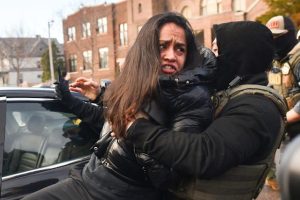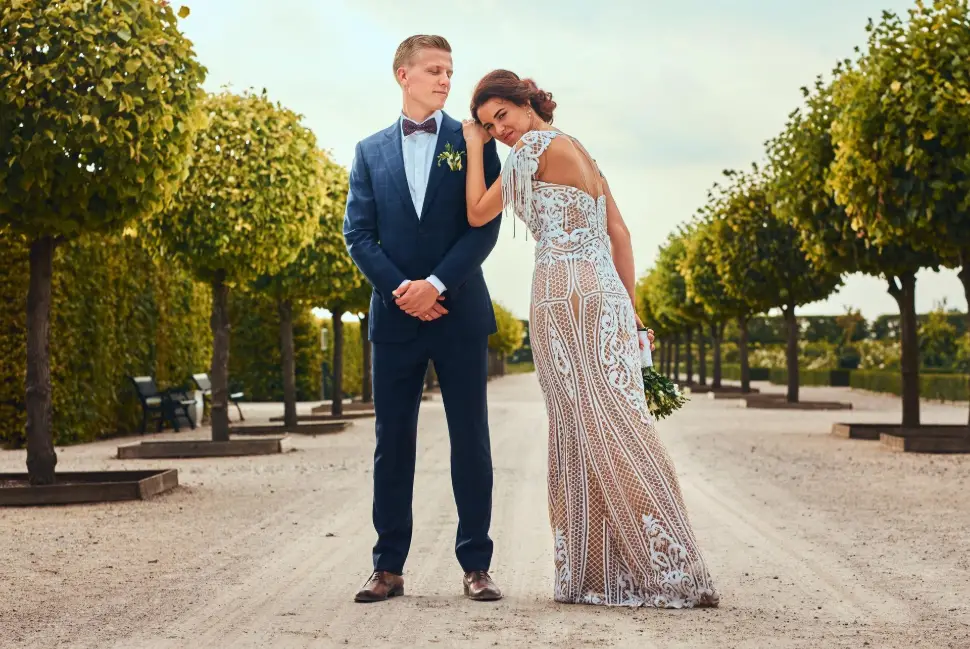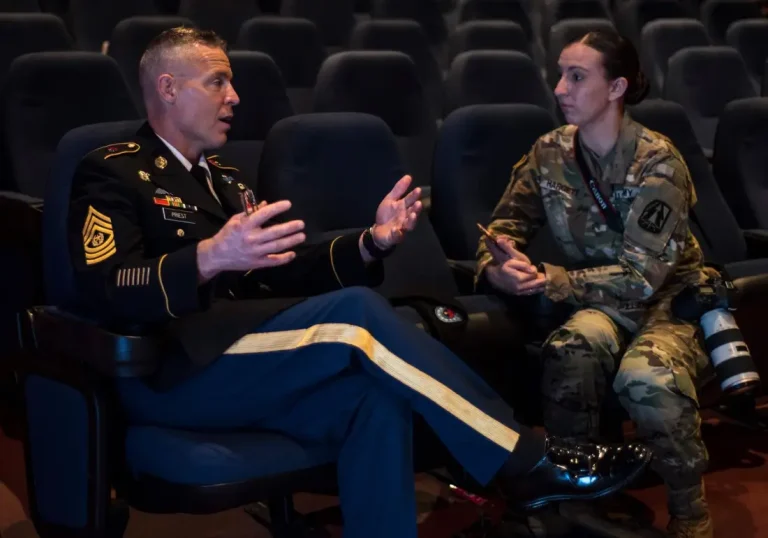When a Wedding Becomes a Reckoning: How One Child’s Silent Plan Shattered the Illusion of a New Beginning
In the evolving terrain of modern family life, few experiences are more destabilizing than witnessing a parent betray the foundation of home. Yet for Tessa, 25, and Owen, 12, the disintegration of their family was just the beginning. What followed was a meticulously orchestrated moment of reckoning, not born from malice but from a child’s longing for justice in the face of devastating adult failures.
This is the story of how a wedding—meant to mark the start of a new life—became a carefully crafted lesson in accountability. And how a boy too young to vote, but old enough to understand betrayal, transformed his father’s celebration into a mirror reflecting all that had gone wrong.
The Collapse of a Familiar World
Evan and Linda had been married for 22 years, raising their children in what appeared to be a stable, middle-class home. Tessa, the oldest, had moved into adulthood with independence and success. Owen, the youngest, was a sensitive and bright boy whose world revolved around routine, creativity, and love for his family—particularly his mother.
Owen was the kind of child who noticed small things: the delivery man’s tired eyes, the loneliness of cartoon characters, the joy his mom felt when he crafted her elaborate Mother’s Day gifts. He was not a boy wired for vengeance. But betrayal changes people—especially when it comes at the hands of a father.
When Linda walked in on Evan and Dana—his coworker—in the living room that had once been the family’s shared heart, it shattered everything. She was carrying a plant she’d planned to surprise Evan with after errands. The image of her dropping that small, living gift onto the floor as she registered what she was seeing captured the essence of her shock. Something nurtured with love, now discarded.
A Mother’s Fragile Strength
Linda didn’t rage. She didn’t scream. Instead, she pleaded. She tried. For three painful weeks, she clung to the hope that the life she’d built could be salvaged. She cooked his favorite meals. She prayed in silence. She even went to marriage counseling alone.
When Evan finally left—with barely a goodbye to the children—his departure was as cruel as it was casual. He traded 22 years of life, two children, and a loyal partner for the promise of something shinier, newer. Dana, always polished and smiling, represented everything Linda wasn’t at that moment: untouched by grief, untouched by motherhood.
The Children Left Behind
Tessa bore the dual burden of grief and guardianship. She wasn’t just a sister; she became a shield for Owen. The younger boy couldn’t make sense of what had happened. His whispered question one night—“Does Dad love her more than us?”—was enough to make Tessa’s heart split. There were no right answers, only painful guesses.
Linda withered. Her physical weight dropped as if grief itself consumed her. She cried over advertisements. She broke down folding laundry. The emotional labor she carried—protecting her son, surviving heartbreak, and trying to function—was invisible but immense.
Then came Evan’s call.
An Invitation Too Far
Evan’s tone was light. “Hey sweetheart! We’d love to have you and Owen at the wedding—it’s going to be a fresh start for all of us!”
It was galling. The expectation wasn’t just to accept the new relationship—it was to celebrate it. “It would mean the world to me to have my kids there,” he said, oblivious to the world he’d torn apart.
Pressure came from all sides. Evan’s parents pushed for “forgiveness” and “unity.” Tessa and Owen were told it would be “the mature thing to do.” Eventually, Owen relented—but not out of acceptance. “Fine,” he said flatly. “I’ll go to the stupid wedding.”
Tessa sensed something was shifting.
The Silent Plan
It began with a simple request: itching powder. “It’s for a school thing,” Owen said. But Tessa’s intuition buzzed. Still, she said nothing. Maybe, deep down, she wanted it too—not revenge, but balance.
On the day of the wedding, Owen was quiet, composed. He wore the right clothes. He smiled politely. Then he approached Dana with a suggestion no one could question: “Let me take your jacket and hang it up for you.”
In five silent minutes, Owen carefully applied the itching powder into the lining. He returned calmly. “All set,” he said.
The Ceremony Unravels
As vows began, Dana started to fidget. Scratching subtly. Then less subtly. Then panic.
By the time Evan reached “for better or worse,” Dana was gone—sprinting from the ceremony, scratching wildly, unable to hide her distress. She re-emerged in a different outfit, humiliated and flustered. The wedding was forever marked—not by joy, but by a public unraveling.
Owen’s work was done.
The Fallout
Evan was furious. “You ruined the most important day of my life,” he accused, blind to the irony.
Dana’s family branded the children “evil.” Evan’s parents demanded apologies. But Tessa remained calm. “Maybe we didn’t ruin it,” she said. “Maybe we just told the truth in a language you understand.”
Owen said little. Just one comment: “She’ll remember today. Like Mom remembers what she saw.”
A Message Etched in Memory
Was it petty? Perhaps. Was it justice? Maybe not in the legal sense—but emotionally, symbolically, it was profound.
In a world where betrayal had gone unpunished, a child had forced the adults to sit with consequences. Not to cause harm—but to reflect hurt back at its source.
What Evan and Dana experienced that day was not cruelty. It was a lesson. A quiet message wrapped in discomfort: that children see everything, and when the adults fail to protect them, they just might find a way to protect themselves.
And sometimes, the most powerful voices come from the ones who say the least.

Emily Johnson is a critically acclaimed essayist and novelist known for her thought-provoking works centered on feminism, women’s rights, and modern relationships. Born and raised in Portland, Oregon, Emily grew up with a deep love of books, often spending her afternoons at her local library. She went on to study literature and gender studies at UCLA, where she became deeply involved in activism and began publishing essays in campus journals. Her debut essay collection, Voices Unbound, struck a chord with readers nationwide for its fearless exploration of gender dynamics, identity, and the challenges faced by women in contemporary society. Emily later transitioned into fiction, writing novels that balance compelling storytelling with social commentary. Her protagonists are often strong, multidimensional women navigating love, ambition, and the struggles of everyday life, making her a favorite among readers who crave authentic, relatable narratives. Critics praise her ability to merge personal intimacy with universal themes. Off the page, Emily is an advocate for women in publishing, leading workshops that encourage young female writers to embrace their voices. She lives in Seattle with her partner and two rescue cats, where she continues to write, teach, and inspire a new generation of storytellers.









